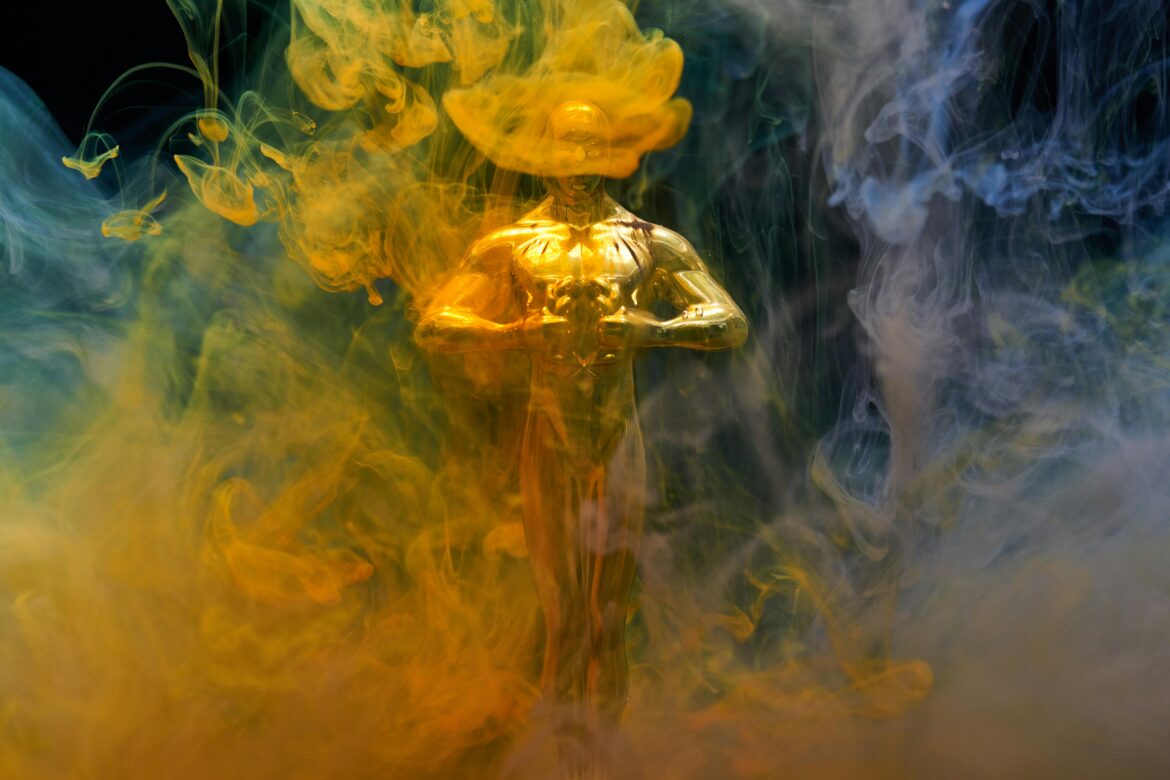With the dawn of a new year, the inevitable glitz and glamour of the Hollywood award season follows close by. From Conan O’Brien set to host the Oscars, to Beyoncé dominating the nominations at the Grammys, the 2025 awards season is filled with key dates spanning various mediums, including major TV awards, film festival selections, and honors for theater performers. As a viewer and consumer of media platforms everyone often oohs and aahs over the glamorous outfits on the red carpet, the meticulously rehearsed performances and seating arrangements that are shown to the general public every year, almost giving us a sneak peak into what happens during these over the top parties.
But being immersed in the spectacle of award season, one must wonder: what do these awards actually mean? As a bystander it allows us an opportunity to see our favourite actor, actress or performers being recognized for their achievements, or if you are a fashion enthusiast, see the latest styles donned by celebrities to scrutinise. Whichever category you fall into, at the heart of it–through the lens of classical liberalism–the award season represents what the principles of individual achievement and merit entail. The recognition of actors, directors, and creatives at prestigious awards like the Oscars, highlights the free market of talent and creativity, where individuals are celebrated for their unique contributions, regardless of their backgrounds or affiliations.
This may seem like two distinct concepts at first glance: award seasons and classical liberalism. However, if you think about it, classical liberals essentially highlight that individual freedom in social, political and economic life is paramount. It is understood that while people’s freedoms may sometimes conflict, they should be maximised and championed in general. Furthermore, free speech and mutual toleration are the cornerstones of peaceful cooperation in a society. Bringing this back to award seasons, these accolades received by actors, writers, producers and such are a testament that their creative voice is seen and heard, and in fact, celebrated.
One such moment that comes to mind is the South Korean film Parasite being awarded an Oscar. This indeed was an accomplishment as it was the first non-English language movie to snag this award. The movie, for those interested, explores themes of class inequality and societal tension through a suspenseful narrative, making it resonate with audiences worldwide. In addition, this year’s Golden Globe Awards honored Viola Davis with the prestigious Cecil B. DeMille Award, presented by the Hollywood Foreign Press Association (HFPA) for her “outstanding contributions to the world of entertainment”. Moving away from cinema, even in the music industry artists are making waves as trailblazers within their respective genre and styles. From Beyonce being the first black woman to headline Coachella in 2018 to Blackpink being the first Korean girl group to do the same in the subsequent year, the individuality of musicians are becoming more prominent over the years.
Artists are celebrated on an international stage as their unique style, vocals and artistry have been noted by not only their fans, but a global audience as well. Even genres like rap have been making headlines. For example, rapper Kendrick Lamar won a Pulitzer Prize for his groundbreaking album. It’s a powerful reminder of how hip-hop isn’t just music; it’s an impactful medium for storytelling and social commentary. Within the South Asian music scene, Hanumankind has made waves with his hit song “Big Dawgs” which has garnered over 400 million streams on Spotify and further amplified his creativity by filming a video at “well of death” a thrilling spectacle rooted in Southeast Asian cultural traditions. Think about how rappers have been celebrated in recent years. Their storytelling in music videos, expertly crafted audio layering, and collaborations with talented lyricists are a testament to their creativity, innovation, and raw talent.
What does all this have to do with classical liberalism? The recognition of such diverse forms of art—whether through film, music, or performance—demonstrates the value of individual expression and the celebration of merit. The crux of classical liberalism is that individuals should be able to pursue their passions and express their creativity in ways that highlight their unique and district talents. This can be seen in the way artists are acknowledged for their distinct contributions to their industries via award shows such as the Oscars, Grammys and so on.
In a free society, individuals have the right to carve their own paths, and award seasons provide a platform for this freedom to be recognized. Whether it’s Parasite breaking language barriers in cinema or Kendrick Lamar challenging cultural norms through rap, these moments of recognition reflect the success of individuals navigating the market of ideas and talents on their own terms.
This celebration of talent is also a testament to the principles of meritocracy. Award seasons, while filled with spectacle and glamour, offer a snapshot of how people who work hard consistently and exhibit exceptional skill accompanied with grit—whether in acting, music, or any other creative field—are rewarded for their effort and vision. It reminds us that, in an ideal liberal society, what matters most is not a person’s background or affiliations, but the value of their contributions to the society. The individuality of the artist is appreciated as through their struggles, a new piece of art is born.
Moreover, as audiences, we are given a glimpse into how freedom of expression and innovation lead to the elevation of voices that might otherwise go unheard. By acknowledging the best in their fields, we create a culture that values achievement, creativity, and the pursuit of excellence—principles that resonate deeply with the heart of classical liberalism. Thus, even the glitz and glamour of award season serve as a microcosm of the larger ideals of liberty, individual rights, and the transformative power of creativity.
This piece solely expresses the opinion of the author and not necessarily the magazine as a whole. SpeakFreely is committed to facilitating a broad dialogue for liberty, representing a variety of opinions. Support freedom and independent journalism by donating today.
